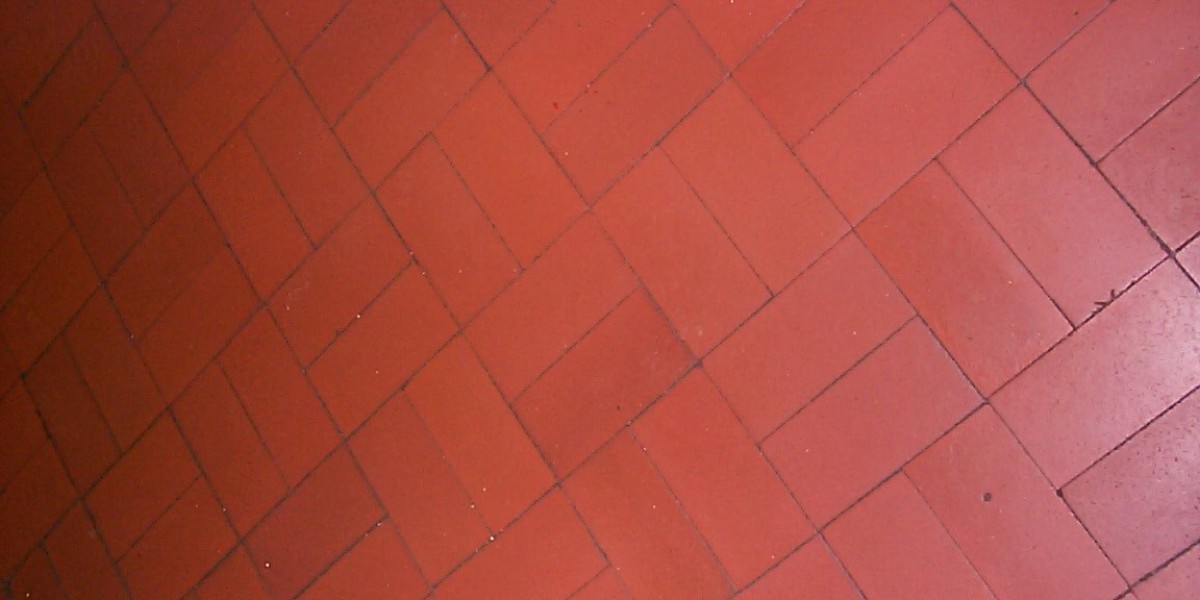The Space Debris Compliance Services Market is gaining unprecedented momentum as global space agencies, private operators, and governments intensify efforts to ensure orbital sustainability. With thousands of satellites and rocket fragments orbiting Earth, the need for compliance services that promote safe operations and debris mitigation has never been greater.
As the number of satellite launches continues to surge, driven by communication networks, Earth observation programs, and defense applications, concerns over space congestion and collision risks have escalated. This has accelerated demand for compliance solutions encompassing debris tracking, removal strategies, deorbiting assistance, and regulatory consulting.
According to Research Intelo, the Space Debris Compliance Services Market is poised for strong growth over the next decade, supported by global policy enforcement, improved space situational awareness systems, and rapid advancements in debris management technologies.
Request a Sample Report: https://researchintelo.com/request-sample/83754
Market Overview
The Space Debris Compliance Services Market represents a vital pillar in maintaining the safety and longevity of the space environment. As of today, there are over 36,000 tracked objects larger than 10 cm in orbit, with millions of smaller fragments posing potential threats to spacecraft integrity.
Compliance services ensure that operators follow global guidelines—such as those set by the United Nations and national space authorities—covering responsible satellite deployment, post-mission disposal, and end-of-life deorbiting. These frameworks are transforming how mission planning and operations are conducted, making compliance not just an obligation, but a competitive advantage.
The market is projected to expand at a robust CAGR during the forecast period, driven by the increasing frequency of satellite constellations and the commercialization of orbital services.
Market Drivers
Rising Orbital Congestion: The surge in small satellite launches has intensified debris generation risks, creating high demand for compliance audits and tracking services.
Global Policy Enforcement: New international regulations are compelling operators to adopt sustainable mission practices and transparent debris management plans.
Advancements in Detection Technology: AI-driven debris tracking and automated compliance monitoring enhance accuracy and reduce manual oversight.
Growing Public and Private Investments: Expansion of satellite networks requires structured debris mitigation strategies, boosting market adoption.
View Full Report: https://researchintelo.com/report/space-debris-compliance-services-market
Market Restraints
Despite significant progress, several factors challenge the widespread adoption of space debris compliance solutions. High implementation costs and the lack of a standardized global compliance framework hinder consistent enforcement.
Developing nations entering the space ecosystem often face limited access to advanced compliance infrastructure and data-sharing mechanisms. Additionally, the fragmented regulatory landscape across regions complicates coordination among international operators.
Another challenge is the absence of real-time enforcement mechanisms—many organizations still rely on voluntary adherence, making compliance effectiveness dependent on operator responsibility rather than global oversight.
Emerging Opportunities
The growing shift toward active debris removal (ADR) and autonomous monitoring systems presents lucrative opportunities for the Space Debris Compliance Services Market. New business models are emerging that offer subscription-based compliance monitoring, debris impact assessment, and orbit optimization services for commercial satellite operators.
Integration of machine learning and predictive analytics is further transforming the market by providing real-time compliance validation and risk modeling. These innovations enable operators to preemptively adjust mission parameters, enhancing safety and ensuring long-term orbital sustainability.
The increasing participation of private space companies and national space agencies in sustainable mission planning also opens new avenues for tailored consulting and certification services. As public awareness of orbital safety grows, regulatory bodies are expected to impose stricter standards, propelling long-term market growth.
Enquire Before Buying: https://researchintelo.com/request-for-customization/83754
Market Dynamics
The Space Debris Compliance Services Market operates at the intersection of regulatory science, engineering innovation, and environmental stewardship. Its primary goal is to enable operators to align with evolving standards for debris mitigation and orbital safety.
Market dynamics are strongly influenced by rising space situational awareness (SSA) programs that improve debris tracking accuracy. Governments are increasingly collaborating with commercial entities to establish global data-sharing platforms, promoting transparency and accountability in orbital activities.
Meanwhile, software-driven compliance tools are becoming a cornerstone of the industry, integrating real-time satellite telemetry and automated policy checks. This digitization is helping organizations reduce manual processes, cut costs, and enhance compliance readiness.
Regional Insights
North America dominates the Space Debris Compliance Services Market, supported by robust space infrastructure, advanced tracking capabilities, and strong regulatory enforcement through agencies and defense initiatives. The United States continues to pioneer policies that mandate responsible satellite disposal and orbital management.
Europe follows closely, emphasizing space sustainability through its European Space Agency (ESA) programs and collaborative debris monitoring projects. The region’s commitment to circular space economy models is fostering innovation in compliance software and debris removal missions.
The Asia-Pacific market is emerging rapidly, driven by growing satellite deployment in countries such as Japan, India, and South Korea. Expanding commercial participation and government-led sustainability programs are accelerating the adoption of compliance services.
Regions including Latin America and the Middle East are gradually integrating into global debris management frameworks, creating new opportunities for compliance consulting and education services.
Growth Trends and Future Outlook
Research Intelo projects the Space Debris Compliance Services Market to achieve a multi-billion-dollar valuation by 2032, growing at a high CAGR throughout the forecast period. The expansion will be fueled by:
Increased Global Regulation: Mandated compliance for all satellite launches.
Automation in Compliance Monitoring: AI and cloud-based tools reducing operational costs.
Public-Private Collaboration: Partnerships accelerating shared data systems and debris mitigation frameworks.
Sustainable Mission Design: Integration of end-of-life and post-mission strategies into satellite architecture.
As the commercial space sector scales, compliance services will become central to mission planning, risk assessment, and insurance underwriting. Space sustainability will no longer be optional—it will be essential for continued access to orbit.
Check Out the Report: https://researchintelo.com/checkout/83754
Market Value and Forecast
According to Research Intelo, the Space Debris Compliance Services Market is expected to grow exponentially as global space activity intensifies. Rising concerns over Kessler Syndrome—a scenario where debris collisions create cascading orbital damage—are prompting policymakers to enforce stricter compliance norms.
Market valuation is projected to reach significant levels by 2032, supported by advanced debris mapping systems, automated compliance audits, and international regulatory collaboration. These developments will enable operators to maintain safe orbits and protect critical space infrastructure.
Investment in compliance-driven innovation will also give rise to deorbit services, satellite end-of-life management, and predictive debris avoidance—key elements shaping the industry’s next growth phase.
Conclusion
The Space Debris Compliance Services Market stands at the forefront of ensuring a sustainable future for space operations. As orbit congestion increases and missions diversify, compliance solutions will play a pivotal role in maintaining the safety, reliability, and longevity of satellite ecosystems.
Research Intelo’s insights underscore that the market’s evolution will be guided by technological innovation, international cooperation, and policy-driven reform. As stakeholders unite to safeguard orbital environments, compliance services will become the foundation for sustainable exploration and commercial growth in space.







